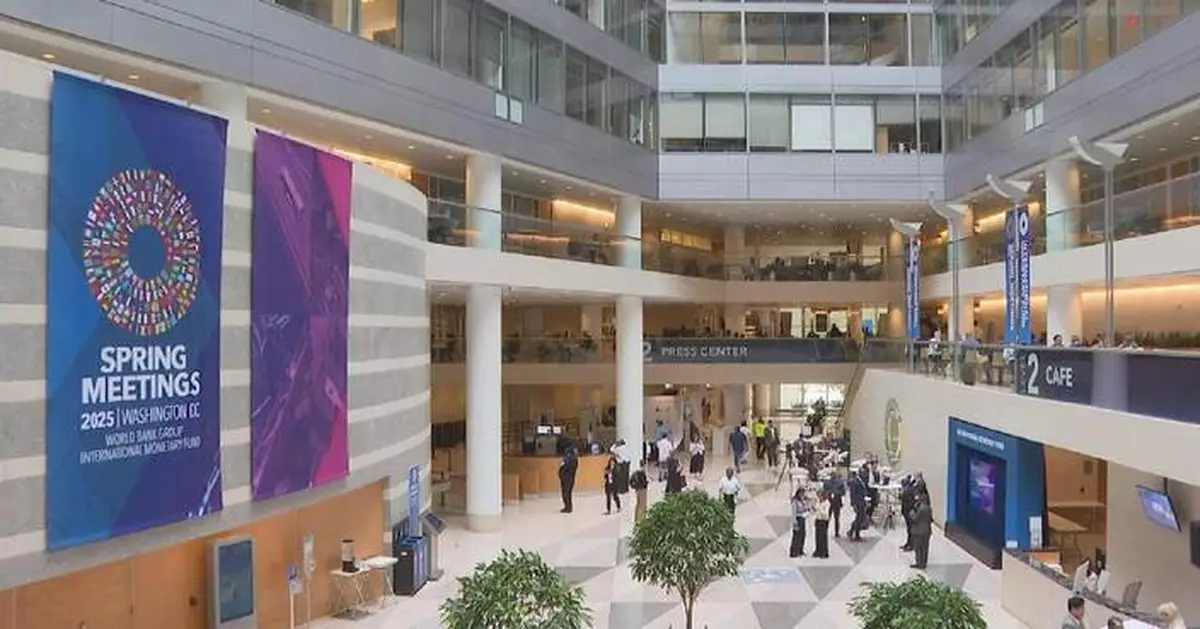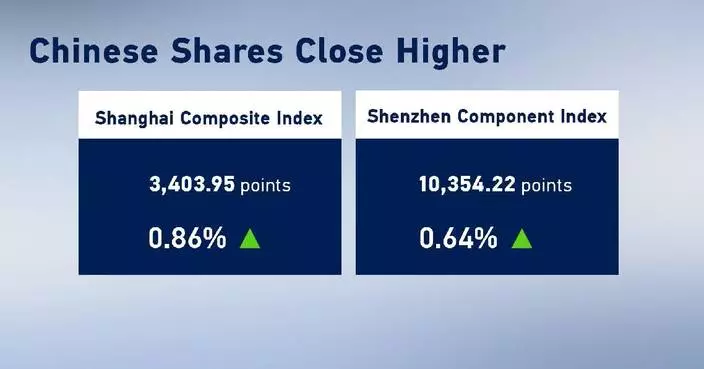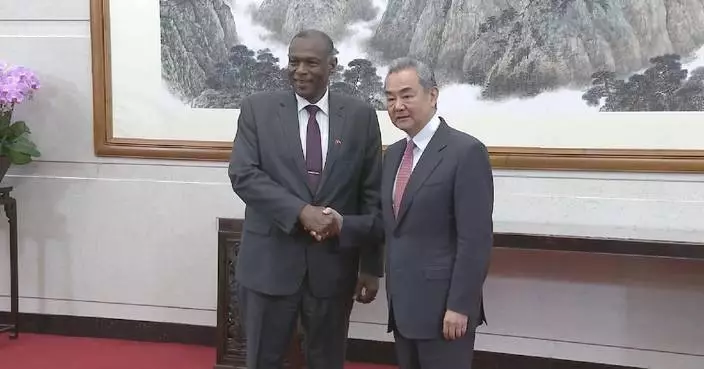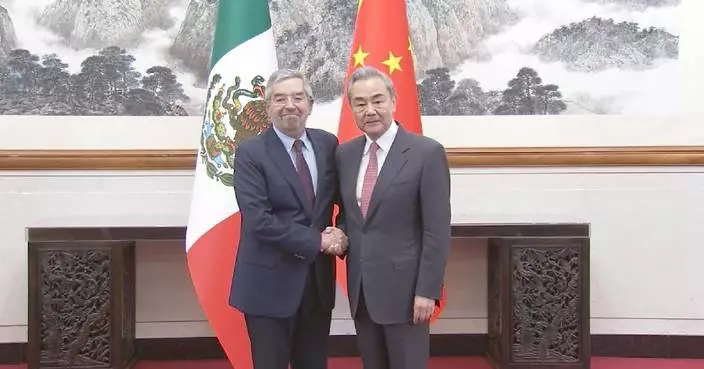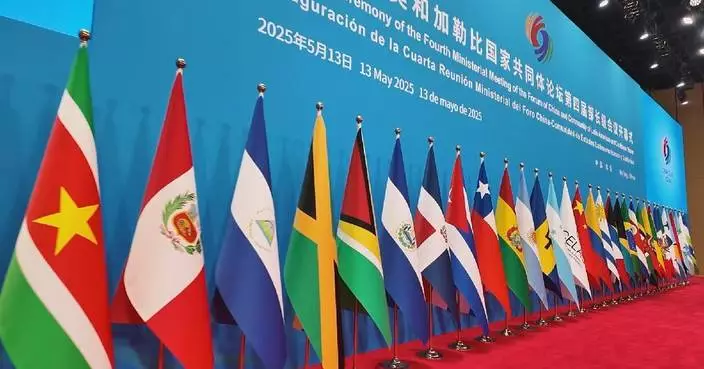The International Monetary Fund (IMF) has warned that global financial stability risks have increased significantly, driven by tighter global financial conditions and heightened trade and geopolitical uncertainty.
In its latest Global Financial Stability Report released on Tuesday, the IMF said that the tariff announcements made by the United States since February 2025, especially the surprising magnitude of tariffs rolled out on April 2, had triggered a large-scale, global repricing of risky assets and significantly increased volatility in the stock, currency and bond markets.
Major geopolitical events, especially military conflicts, have also exacerbated market stability risks, according to the report.
"Financial conditions have tightened globally and that is to first order driven by the higher level of uncertainty, policy uncertainty around the world. So market volatility has shot up and with the higher market volatility, risk asset prices have declined, meaningfully in equity markets and bond markets. So the tighter financial conditions, the more subdued outlook in terms of real activity and the higher uncertainty means that financial stability risks have increased. And so we do detect the meaningful increase in those downside risks," said Tobias Adrian, director with the Monetary and Capital Markets Department of the IMF.
The report emphasized that during this period full of uncertainties, all countries must remain highly vigilant to prevent small-scale pressures from evolving into widespread systemic crises.
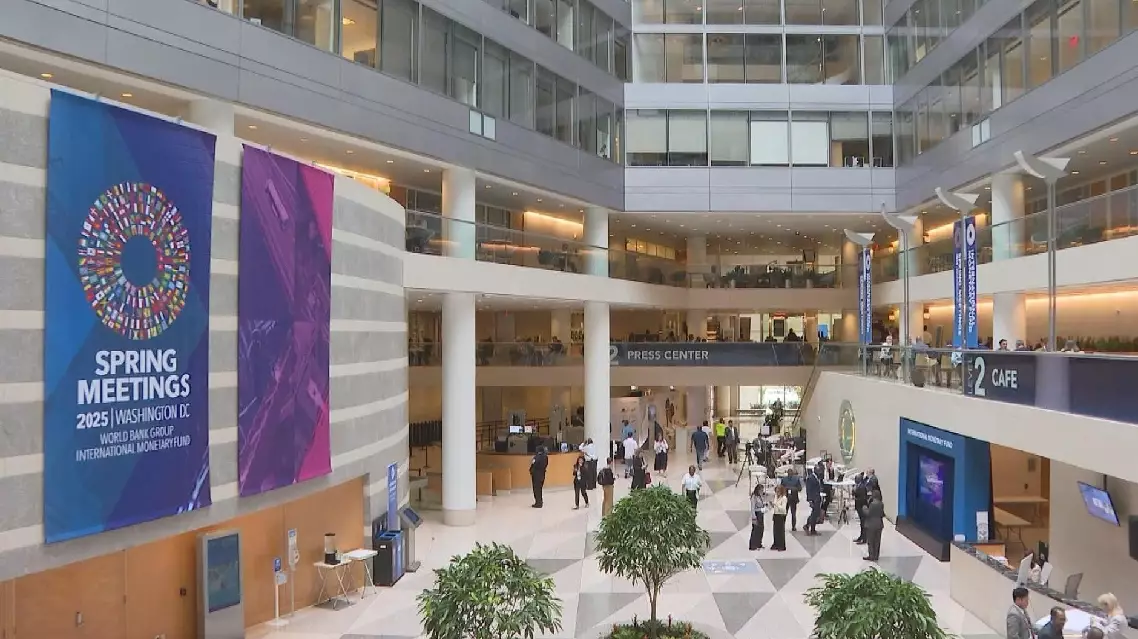
IMF warns global financial risks have increased significantly
As China's elderly population grows, shopping malls in Shanghai have actively adapted part of their services to cater to the needs and preferences of elderly consumers, tapping into silver-haired consumer market.
This trend reflects the city's efforts to enhance elderly care services amid the population aging. By the end of 2023, people aged 60 and older reached 5.68 million in Shanghai, representing a whopping 37.4 percent of the city's total population.
A shopping mall on the downtown Nanjing East Road pedestrian street has opened a dedicated club for senior citizens, offering a diverse range of activities from the operation of health workshops to traditional handicraft classes.
"I gain a lot every time I come here. I can participate in various club activities and also exchange knowledge and everyday life hacks with others," said Fu Meilin, an elderly resident.
The mall houses nearly 60 time-honored brands, along with dining and entertainment options suited to senior citizens.
Another business district in Shanghai's Putuo District has adopted a different approach, focusing on attracting retirees during weekdays while catering to younger shoppers on weekends.
Restaurants offer affordable off-peak meal deals priced under 100 yuan (about 13.88 U.S. dollars), attracting a large number of senior customers.
To ensure a convenient and enjoyable shopping experience for the elderly, many shopping malls have conducted age-friendly renovations, including providing comfortable seating areas, accessible restrooms, and consumer guidance services for the elderly shoppers.
Driven by the population aging, China's "silver economy" has shown vast growth potential, with the market currently estimated at around seven trillion yuan and projected to reach a 30 trillion yuan by 2035.

Shopping malls in Shanghai adapt to cater to growing 'silver economy'



